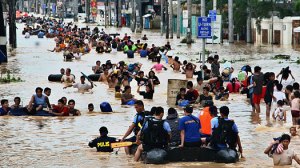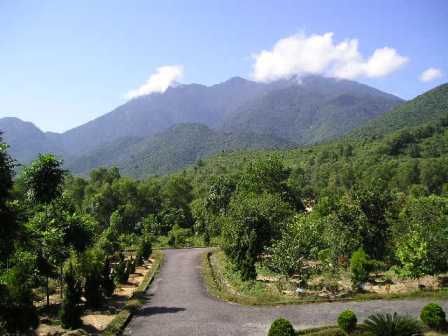
Flooding in Quezon City
This week’s horrifying news of the flooding that has inundated the Quezon City area of Manila brings to the fore the increasingly relevant discussion of how best to prepare urban areas for changing climates. By the year 2050, 70% of the Earth’s inhabitants will live in cities, up from 50% today. Much of this growth will occur in Asian cities that already struggle with overpopulation, poor sanitation and access to clean water. If the unique hazards of climate change are to be successfully mitigated, a frank conversation is needed about how to make urban areas adaptable and resilient.




Latest Commentary